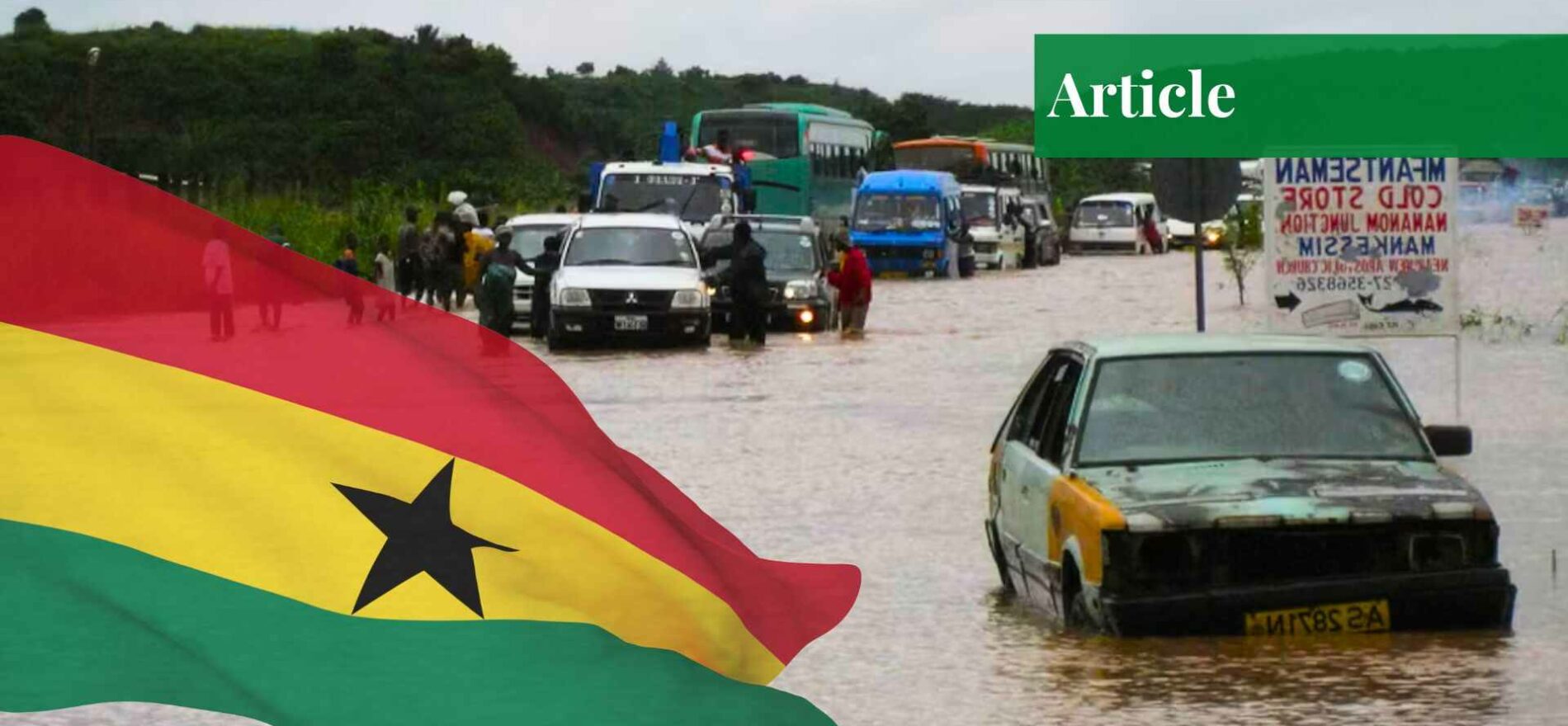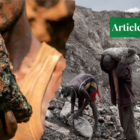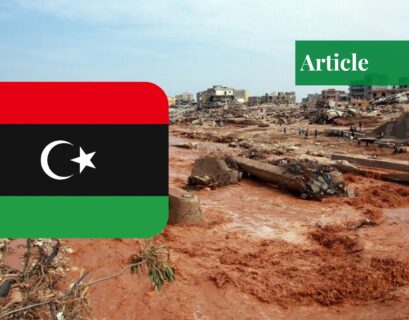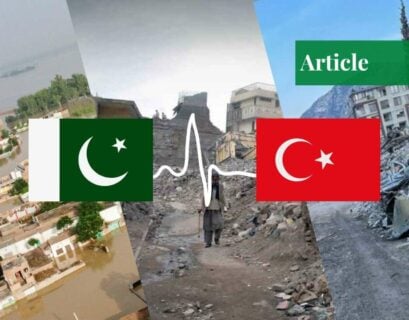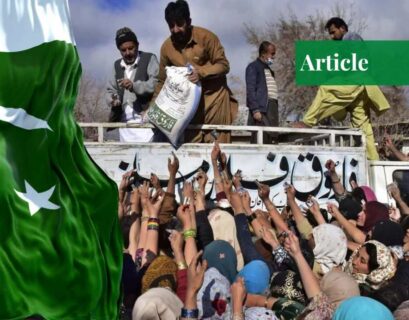Mr Muhammad Shahbaz Rajper is a freelance columnist from Sindh.
Historical and Current Context
Heavy rainfall led to widespread floods throughout southern Ghana in June 2023, particularly the Western, Ashanti, and Greater Accra Regions. Floodwaters caused widespread destruction, displacements, and at least eight fatalities, with flood waters also spreading through Accra’s metropolitan center itself and raising concerns over climate change adaptation.
Floods in Ghana symbolize climate change and environmental degradation more broadly, particularly in Africa, which despite being one of the lowest greenhouse gas emitters is experiencing some of its worst consequences like frequent and intense floods, including the destruction of urban wetlands like Accra’s. Thus it accentuates an urgent need to take climate action while simultaneously conserving biodiversity and environmental preservation measures.
Role of NGOs and IGOs
Amid floods in Ghana, various nongovernment organizations and international development agencies (INGOs) have made major contributions in response to flood risks. For example, the World Bank pledged $150 million towards its Greater Accra Resilient and Integrated Development Project (GARID).
GARID addresses flood risk management as well as solid waste disposal across over 2.5 million residents within the Odaw River Basin of the Greater Accra Region, with solid waste collection systems designed to increase resilience against potential risks as well as enhance resilience against flood risks by improving waste collection systems within affected communities.
International Perspective and Responses
From an international standpoint, the European Union granted EUR 80,000 towards preparedness efforts for floods in northern Ghana. This funding supports early warning mechanisms, risk analysis updates, and anticipatory actions designed to limit their flood impacts in vulnerable areas where floodwater can have severe repercussions for agriculture or community economic resilience.
Intersection
Recent floods in Ghana’s Greater Accra, Western, and Ashanti regions serve to illustrate the vital linkage among urban development, environmental management, climate change adaptation strategies, and disaster resilience planning. With many lives lost due to floods as a result of extreme climatic extremes, Ghana serves as a microcosm of an ever greater global challenge: creating sustainable urban planning solutions while strengthening resilience against climate change impacts.
Accra’s central concern stems from unchecked urban development on wetlands that play an essential role in mitigating floodwaters. Encroaching into these ecological areas increases flooding risks by disrupting their ability to absorb rainwater naturally, thus exacerbating flooding risks.
Recommendations
1. Improved Urban Planning and Environmental Conservation: Urban development must be managed carefully in flood-prone areas, while depleted wetlands that play a vital role in flood mitigation are restored as quickly as possible.
2. Investment in Climate Resilient Infrastructure: Making infrastructure stronger to withstand extreme weather events is of vital importance, including improving drainage systems and creating reliable flood defenses.
3. Community Engagement and Awareness: Raising public consciousness of climate change impacts as well as effective disaster mitigation techniques is of utmost importance in any area of operations, whether climate or disaster-related.
4. International Cooperation and Funding: Consistent support from international bodies like the World Bank or EU is indispensable when undertaking large-scale resilience-building and preparedness initiatives.
5. Research and Data Analysis: Understanding the impacts of climate change is vital, but investing in research that examines mitigation strategies is also a must.
6. Policy Integration: Climate adaptation must be included in national and regional development policies to be successful.
Conclusion
The floods in Ghana provide a powerful reminder of how vulnerable many African nations are in response to climate change. Although efforts of NGOs, international bodies, and others to combat it are commendable, more sustained action needs to take place at both local and global levels if disaster impacts are going to be mitigated and resilience improved against future climate-related challenges.
Proactive measures, policy integration, and international cooperation should all play their parts to effectively address and reduce resilience gaps against such challenges in future climate-related scenarios.
If you want to submit your articles, research papers, and book reviews, please check the Submissions page.
The views and opinions expressed in this article/paper are the author’s own and do not necessarily reflect the editorial position of Paradigm Shift.
